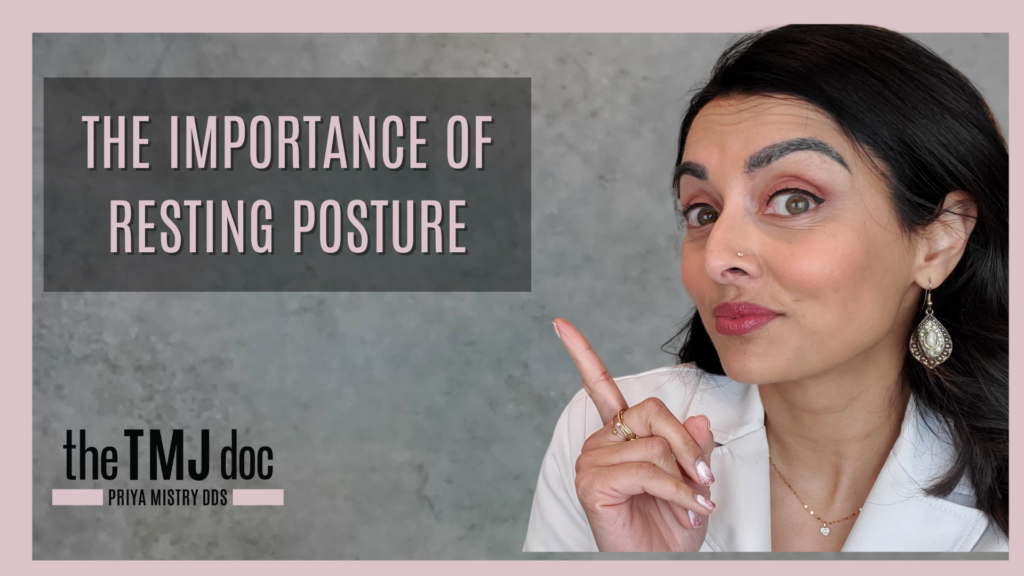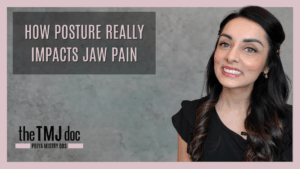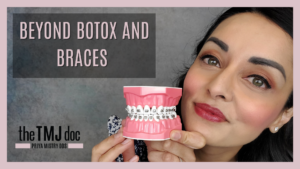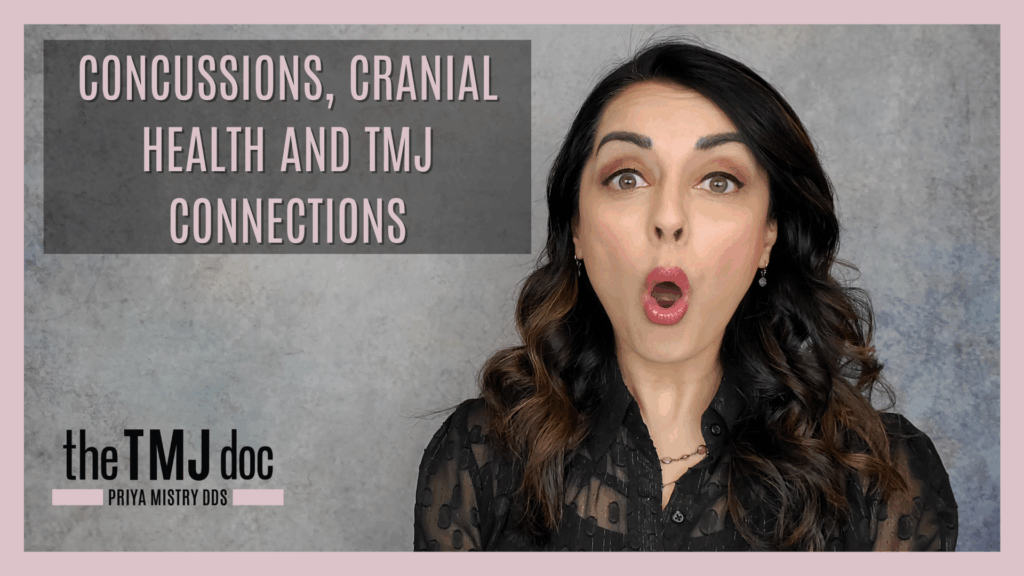When people think about good posture, they often consider their spine, shoulders, and head alignment. But did you know that your tongue posture plays a crucial role in your overall health? If you suffer from TMJ pain, headaches, or even sleep issues, your tongue may be part of the problem. Let’s dive into why correct tongue posture matters and how you can improve it.
What is Correct Tongue Posture?
Correct tongue posture means that your tongue rests gently against the roof of your mouth, with the tip just behind your front teeth, but not touching them. The entire surface of your tongue should make light contact with the palate, and your lips should stay closed with relaxed facial muscles. Breathing should occur through your nose, not your mouth.
Why Does Tongue Posture Matter?
Your tongue is more than just a muscle that helps you speak and eat—it plays a vital role in jaw development, airway health, and even posture.
Here’s why maintaining proper tongue posture is so important:
1. Reduces TMJ Pain and Jaw Issues
Poor tongue posture can contribute to TMJ dysfunction by putting excessive strain on the jaw joint. When your tongue sits low in your mouth or presses against your teeth, it can cause muscle imbalances that lead to jaw pain, clicking, or popping sounds when opening and closing your mouth.
2. Promotes Proper Facial Development
For children, proper tongue posture encourages optimal facial and jaw development. A low tongue posture can contribute to narrow dental arches, misaligned teeth, and even changes in facial structure over time.
3. Supports Better Breathing and Sleep
A tongue that rests in the correct position helps keep the airway open, reducing the risk of sleep-disordered breathing issues like snoring and sleep apnea. Mouth breathing, often linked to poor tongue posture, can lead to dry mouth, increased risk of cavities, and poor oxygenation during sleep.
4. Improves Speech and Swallowing Function
Your tongue plays a crucial role in how you articulate sounds and swallow food. A low or improperly positioned tongue can contribute to speech impediments or difficulty swallowing.
5. Enhances Neck and Postural Alignment
Believe it or not, tongue posture is connected to overall body posture. A low tongue position can cause forward head posture, leading to neck pain, tension headaches, and even back problems over time.
How to Improve Your Tongue Posture
If you think your tongue posture could use some improvement, try these simple steps:
- Be mindful of where your tongue rests: Make a habit of placing your tongue against the roof of your mouth, with your lips closed and breathing through your nose.
- Practice Myofunctional Therapy: Myofunctional exercises can help retrain your tongue and facial muscles for better posture and function.
- Address Any Underlying Issues: If you have a tongue tie, TMJ disorder, or other structural concerns, consult a specialist like a TMJ expert or myofunctional therapist for personalized guidance.
- Avoid Bad Habits: Mouth breathing, clenching, or excessive gum chewing can negatively impact tongue posture and overall oral health.
Final Thoughts
Your tongue posture might not be something you think about daily, but it plays a significant role in your health and well-being. By making small changes to how your tongue rests and functions, you can alleviate jaw pain, improve breathing, and support better overall posture. If you’re struggling with TMJ pain or other oral health concerns, addressing your tongue posture could be a key part of the solution.
If you’re experiencing persistent jaw discomfort or related issues, don’t hesitate to reach out to Dr. Priya Mistry, The TMJ Doc, for expert care and guidance!







